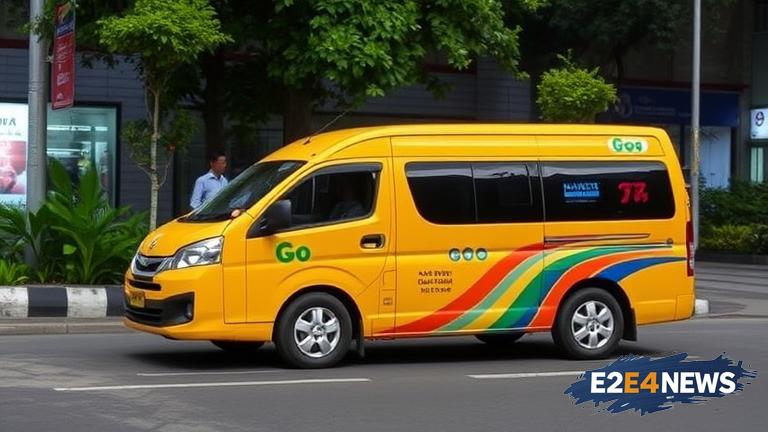In recent news, Indonesian fintech company Amartha has secured funding from a group of investors, including existing backers such as Mandiri Capital Indonesia and UOB Venture Management. The funding will be used to expand Amartha’s lending services to more individuals and small businesses in the country. Meanwhile, KozyStay, a short-term rental platform, has also secured funding from investors, including venture capital firm Golden Gate Ventures. The funding will be used to expand KozyStay’s services to more cities in Indonesia. In other news, Go-Van, a logistics and transportation company, has expanded its services to include door-to-door delivery and pickup services. The company has partnered with several e-commerce platforms to offer its services to online shoppers. Kargo Technologies, a logistics and supply chain management company, has also expanded its services to include warehousing and distribution services. The company has partnered with several major brands to offer its services to their customers. Indonesia’s digital economy is growing rapidly, with the country’s internet penetration rate increasing to over 70% of the population. The growth of the digital economy has led to an increase in demand for digital payment services, with companies such as Go-Pay and Ovo experiencing rapid growth. The Indonesian government has also launched several initiatives to support the growth of the digital economy, including the creation of a digital economy roadmap and the establishment of a digital economy council. The council is responsible for overseeing the development of the digital economy and ensuring that it is aligned with the country’s economic development goals. In addition to the growth of the digital economy, Indonesia’s startup ecosystem is also thriving, with several startups securing funding from investors in recent months. The country’s startup ecosystem is supported by a number of incubators and accelerators, including the Indonesian Startup Center and the Jakarta Founder Institute. These organizations provide support and resources to startups, including funding, mentorship, and networking opportunities. Despite the growth of the digital economy and the startup ecosystem, there are still several challenges that need to be addressed, including the lack of digital infrastructure in some parts of the country and the need for more skilled workers in the digital economy. The Indonesian government has launched several initiatives to address these challenges, including the creation of a digital infrastructure development plan and the establishment of a digital skills training program. Overall, the growth of the digital economy and the startup ecosystem in Indonesia is expected to continue in the coming years, driven by the increasing demand for digital services and the support of the government and private sector investors. The country’s digital economy is expected to reach $150 billion by 2025, up from $40 billion in 2020. The growth of the digital economy will create new opportunities for businesses and individuals, including the creation of new jobs and the increase in economic growth. However, it will also require the development of new skills and the investment in digital infrastructure. In conclusion, the growth of the digital economy and the startup ecosystem in Indonesia is a positive trend that is expected to continue in the coming years. With the support of the government and private sector investors, the country’s digital economy is expected to reach new heights, creating new opportunities for businesses and individuals.
